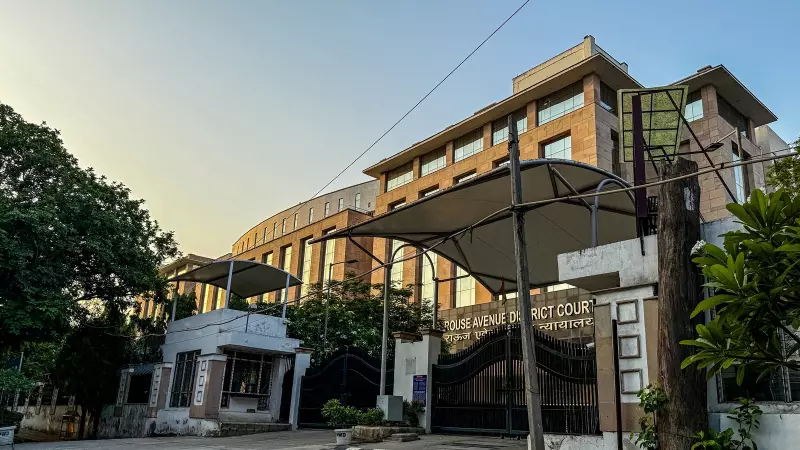
In a powerful verdict that resonates across the capital's judicial landscape, a Delhi court has pronounced sentence in the high-profile Safdarjung CGHS land scam case, delivering a stern message against corruption that it described as a "cancer" eating away at society's foundations.
The Court's Strong Stance Against Corruption
Special Judge Geetanjli Goel of the Rouse Avenue Courts didn't mince words while addressing the gravity of corruption cases. "Corruption is a cancer that is adversely affecting the growth of the country and society," the judge declared, emphasizing how such malpractices systematically destroy the nation's moral fabric.
The court's observations came during the sentencing of Ramesh Chand, who faced conviction for his involvement in the sophisticated land fraud scheme that targeted the Safdarjung Cooperative Group Housing Society.
Behind the Multi-Crore Land Scam
This elaborate scam unfolded through a carefully orchestrated plot where the accused attempted to illegally transfer and sell prime land belonging to the housing society. The fraudulent activities included:
- Forged documents and signatures
- Illegal property transfer attempts
- Conspiracy to sell society land unlawfully
- Creation of false ownership claims
The Central Bureau of Investigation (CBI), which spearheaded the probe, uncovered how the accused manipulated paperwork and exploited legal loopholes in their attempt to misappropriate valuable property.
Sentencing and Legal Consequences
While delivering the judgment, the court balanced sternness with judicial discretion. The sentencing reflected both the seriousness of the offense and consideration of various legal factors, including:
- The nature and magnitude of the crime
- Evidence presented during trial
- Legal precedents in similar corruption cases
- Mitigating circumstances presented by the defense
The verdict sends a clear message to potential offenders about the serious consequences of engaging in corruption and land fraud activities.
Broader Implications for Anti-Corruption Efforts
This case represents another significant victory in India's ongoing battle against corruption. The court's strong language and firm stance demonstrate:
- Growing judicial intolerance towards corruption cases
- The effectiveness of investigative agencies like CBI
- Increased accountability in property and land transactions
- Stronger legal protection for cooperative societies
Legal experts suggest that such verdicts create important precedents that could deter similar fraudulent activities in the future, particularly in the sensitive real estate sector where large financial stakes often tempt unlawful behavior.
The Safdarjung CGHS land scam case joins a growing list of corruption matters where Indian courts are taking an increasingly firm stand, reflecting the judiciary's commitment to protecting public resources and maintaining the integrity of legal and financial systems.






